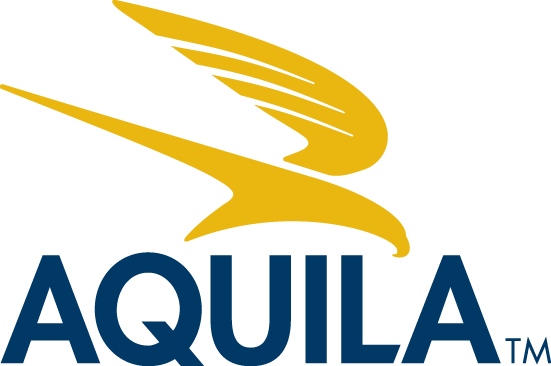This article was published in 2020 as part of our COVID-19 Resource Center series. This article will not be updated but please contact us if you have specific questions regarding the information in this article.
AQUILA has been working closely with clients and landlords over the past few weeks to understand what potential rent relief options are available.
Because most solutions require cooperation and willingness from both you and your landlord, it’s important to come to the conversation prepared. Landlords have uniformly told us that each tenant will be handled on a case-by-case basis and that an understanding of their past, present, and anticipated future financial position is going to be paramount.
Based on this feedback and our experience negotiating rent assistance for tenants in years past, we’ve put together this list of information you should be prepared to present to your landlord before asking for any rent relief or lease renegotiations.
Once you have these documents together, you’ll need to work with your tenant representative to know what it is you’re asking for specifically, before you reach out to your landlord.
Read more: AQUILA COVID-19 Austin Real Estate Resource Center
Items to Prepare Before Approaching Your Landlord for Rent Relief
Financial Statements
In our experience, a landlord’s first request will be to see your company’s audited, if available, financial statements from, on average, the past three years, including year-to-date. These could include financial statements for any guarantors or parent companies.
It is important for landlords to ensure the financial security of their tenants, and financial statements can provide valuable insights into the viability of a company. Landlords will need to understand the tenant’s financial position so they can see how the tenant, with the help of the landlord, will recover after this crisis.
Business Plan
Beyond financials, the landlord will want to see your business plan, outline or operating summary in order to gain insights into the outlook of your operations for the remainder of 2020 and potentially for the next 12 to 24 months. This plan should outline ways the tenant will restore profitability as well as cash flow projections.
Again, a company without a solid business plan is less likely to receive significant relief from a landlord than a company with a strong outlook.
Current Year Budget
Be prepared to present your current fiscal year budgets as well, including anticipated and actual revenue and expenses to date. A line item detail of expenses and income during the requested rent relief period could also be requested.
Year-to-Year Sales & Revenue Comparisons
The landlord will want to see your current year’s sales and revenue, and a comparison of this income compared to the past one to three years.
Additionally, be prepared to describe what actions your company has taken to improve revenue.
Has your business been able to pivot during this current crisis? Maybe you repurposed your materials to produce a new product that is in high demand by healthcare providers? Or have you moved to digital sales in the face of local shelter-in-place orders? Anything you have done to put your company in a better position will be helpful when landlords are determining who will receive rent relief.
Operating Expenses
Rent is just one aspect of your company’s operating expenses, and your landlord will want to make sure you are evaluating multiple ways for cost reductions.
Be prepared to present the actions that you have taken to reduce your company’s overall operating expense.
Have you issued salary or payroll cuts or reduced hours? Has your executive team taken a compensation reduction? If so, by how much?
Below is a list of items a landlord could request:
- Rent obligations for all locations (even if out of Austin)
- Number of layoffs and impact of those salaries
- Any reduced operating hours (company-wide or number of employees)
- Any business lines cut or reduced due to the pandemic
- Any services no longer offered
Additional Resources
Finally, you may need to provide an explanation of any other lender or creditor help you have requested or received. If your company is a candidate to receive support under the CARES Act, landlords will want to see that you are pursuing this form of relief, as well.
At the end of the day, the landlord is putting money into your company when they choose to provide rent relief or to renegotiate your lease. They’re making the decision to fund you today, by abating your rent or renegotiating your lease, with the anticipation that your company will repay them at a later date. It is your goal to use these documents to prove to your landlord you are a sound opportunity to put money into and will return their fund to your company to them over the long run.
Gathering these documents is, of course, just the first step in a complicated negotiation process. There are many specific factors that may make a landlord more or less willing to provide a tenant with rent relief, and there are a number of strategies you may take from rent abatement to extending and renegotiating your lease. You’ll want to understand what exactly you’re asking your landlord for before you begin the conversation.
Read Next: 3 Potential Rent Relief Structures to Talk to Your Broker About Amidst COVID-19
If you have any questions about preparing this information or beginning these conversations with your landlord, please schedule a consultation with one of our tenant representation experts.
It is our goal at AQUILA to be a resource to you during this uncertain time. We are ready to help with any questions you may have.













